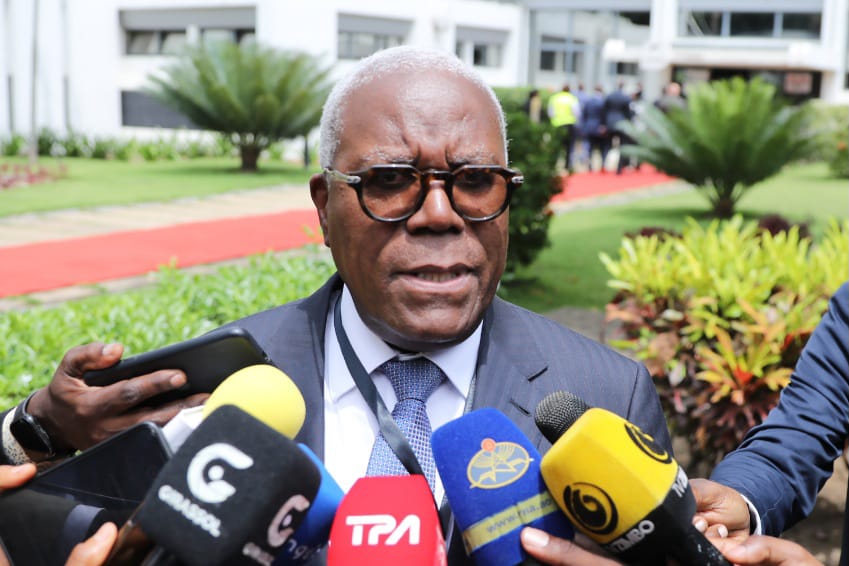Luanda - Qatar's Gulf Times newspaper dedicated, on Monday, a supplement to Angola, in which it portrays the country's development, over the 49 years of its independence, in the political-diplomatic, economic, legislative, tourist, sporting and cultural.
Based on articles published in a 28-page magazine, published in English by the Angolan Embassy in Qatar, the supplement also addresses cooperation between the two countries, which has evolved significantly in recent years, with an impact on the oil and gas sector.
“As part of its strategy to attract foreign private investment, Angola considers Qatar as a major economic partner in the Gulf Cooperation Council (GCC), due to its high level of development and great capacity to transform oil and gas revenues. in driving the development of its economy”, says the publication.
In the legislative field, we highlight the approval of laws that have a major impact on people's lives, supporting investment and their security, such as those on Preventing and Combating Money Laundering and Financing Terrorism, the amendment of the National Labor Tax Code and the General Tax Code, as well as National Security.
Other laws highlighted are on Anti-Doping in Sports, on the Prohibition of the Mining Activity of Cryptocurrencies and Other Virtual Assets, the one that amends the Law that approves the Angolan Penal Code, on the Crimes of Vandalism of Public Goods and Services and the Division Political-Administrative, which increases the country's provinces from 18 to 21.
The supplement also touches on the axes of Angola's economic development, since its independence from the former Portuguese colonial power, on November 11, 1975, highlighting that the Angolan Government developed actions leading to the restructuring of the national economy and the increase in production.
“The objective is to consolidate the bases for the country to be self-sufficient from a food point of view, especially in relation to products for widespread domestic consumption and export, to stop depending solely on the exploration and export of oil, and, thus, encourage diversification and the promotion of the non-oil economy”, highlights the supplement.
On a political-diplomatic level, it highlights that in line with the principles of peaceful coexistence and intercultural dialogue, Angola has reinforced its commitment to promoting international security, advocating a more active role for the United Nations in the search for peaceful and lasting solutions to regional conflicts, based on respect for international law and the self-determination of peoples.
It adds that, given this scenario, the Angolan Government has been insisting on the urgent need to reform the United Nations Security Council and international financial institutions to give a voice to countries in the global South.
In relation to tourism and culture, it is highlighted that the Angolan Executive defined a new framework for foreign direct investment, highlighting the Exemption and Simplification Regime of Administrative Acts for the Granting of Tourist Visas to citizens of several countries and other measures taken within the scope of the New Private Investment Law.
In the sports chapter, the publication indicates that sport has followed the development footsteps of other sectors of society, with a record of notable achievements in the international arena, the result of assertive policies from the Executive that considers the practice of sport not only as a competitive component, but also looking at the benefits to people's health. ART/DOJ






